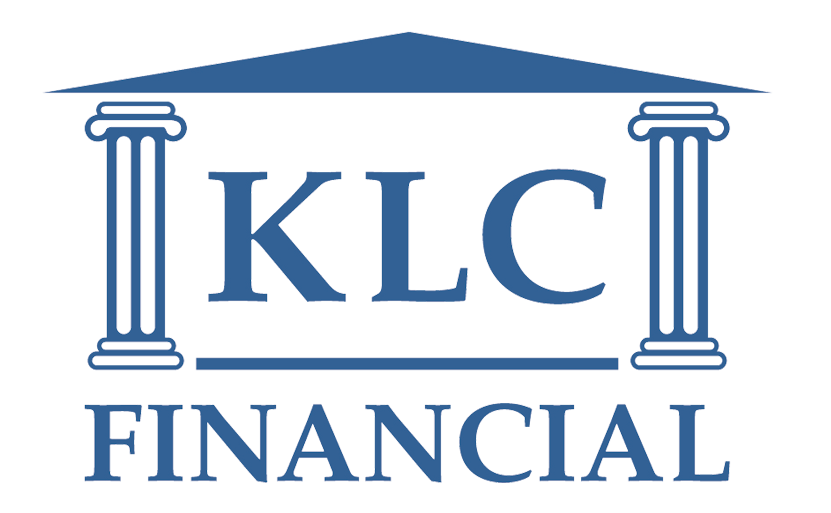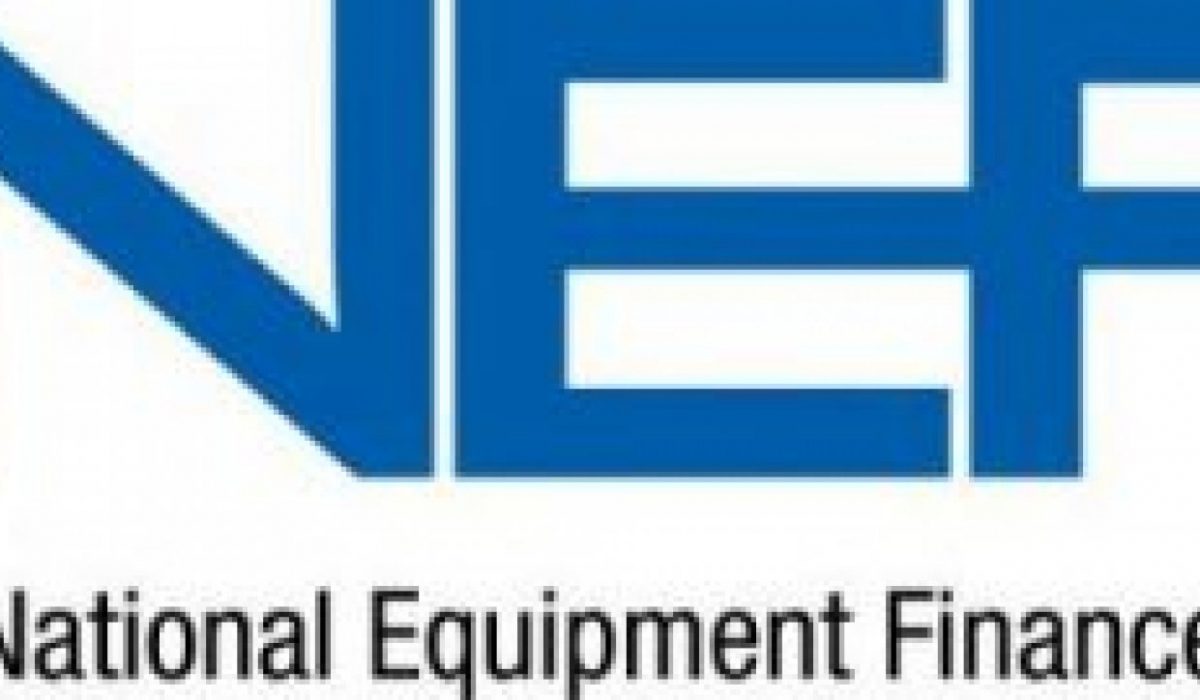In the News: Spencer Thomas
FOR THE LIFE OF THE DEAL …Involve the Asset Manager Early and Often
Utilizing the asset manager throughout the sales cycle makes a significant and constructive difference. KLC Financial’s Spencer Thomas notes that involving asset managers at the onset of the deal helps business development run much more smoothly and makes the deal much more profitable.
By Spencer Thomas, CLFP
Asset managers are in and of themselves, a valuable “asset” in all equipment leasing organizations, both large and small. They contribute significantly to the overall company asset strategy. They help determine the resale value at the beginning of the sales process to better set the term and the price of the lease and they help with the end-of-lease value and negotiations with the customer; all while the sales person stays in their good graces. The asset manager also helps with future growth of the leasing organization by identifying industries that are trending positively and the equipment those industries use that would be beneficial to lease. Utilizing the asset manager throughout the sales cycle plays an important role in the success of equipment leasing organizations.
As such, it is valuable for the asset manager to partner with the sales team early on in the sales cycle to evaluate the resale value of the equipment right from the beginning. The asset manager can do the research to better understand and determine the true value of the equipment. They ask important questions such as: Are there any nuances the company should know about before buying the piece of equipment? Is it the right make and model for a healthy resale value? Are there any technology changes that have happened lately and/or is there any talk about upgrading technology by the manufacturer? These are valuable questions to have the answers to before signing a lease agreement with a customer. As an added bonus, while the asset manager is talking to the vendor about the equipment, they can spearhead remarketing agreement discussions thus allowing the sales person to focus on executing the sales strategy.
Recently, I heard from a leasing company that one of their customers purchased a four-year old piece of medical equipment. The customer was excited about the price and did not need the latest technology … an older version was just fine. The sales person at the leasing company was not aware that the technology was outdated and structured the lease to receive a healthy residual at the end of the term. Their prior experience had proved that medical equipment has a strong life cycle. As the end of the lease term was approaching, the asset manager was researching the value and discovered the equipment was almost worthless due to a recent technology upgrade. As you can imagine, this was a bitter pill to swallow. Technology has progressively become a key component in all types of equipment. As technology aspects increase, so too does the risk for obsolescence – even in equipment that historically has had a 20-plus year life cycle.
Hence, having the asset manager involved early on in the sales cycle is valuable in determining the right deal structure. They can do the due diligence to determine the life cycle of the specific piece of equipment, and determine when the most significant drop in value seems to occur. The asset manager conducts more research and answers more questions: Is it the age of the equipment? Maybe rather than age, is it the numbers of hours the equipment is used? In the end, it’s probably both. This way, there are no surprises (except for the outliers) and the deal has the term and the price for the ideal amount of return: Short term versus long term, FMV or $1 out, or can an early payoff option be
included and so forth. Now the sales person has a powerful tool in their pocket when selling to the customer and is more likely to get the deal approved by credit with a stronger deal structure.
As the end of lease approaches, the customer has a choice to renew, purchase or return the equipment. It is helpful when expectations on both sides are set at the beginning. Before discussing with the customer, the asset manager conducts an evaluation to determine if it is in the company’s best interest to have the customer return the equipment or to sell it to them. Again the asset manager answers more questions: Who are the potential buyers and what do we think we can get for it? How much will it cost to store and sell? How quickly can we sell it?
All of this due diligence puts the company in the right position to negotiate with the customer. If there is room to negotiate the purchase option, the sales person can over-deliver and give the customer a “deal.” They are now the “good guy” for both the company and the customer and there is opportunity for repeat business. Furthermore, this end of lease work can consume a great deal of the sales person’s time … time better spent bringing in new business and closing deals. The asset manager takes the lead and conducts the research needed to achieve the best possible outcome. In addition, the asset manager has done a lot of the work already by understanding the asset before the lease was signed, setting up the structure for success and establishing relationships with the vendor and/or remarketing companies to partner in selling the asset if it is returned.
Moreover, the asset manager can help create a strategic targeted vendor program to strengthen the organization’s portfolio. For example, what type of equipment is “hot” right now? What type of equipment is holding its value? What are the emerging markets that don’t have a lot of competition to date? With answers to these questions, the asset manager can work with credit to put together a very competitive program for vendors.
Remember the words of The New York Times best-selling author Charles Duhigg: “Between calculated risk and reckless decision-making lies the dividing line between profit and loss.”
Utilizing the asset manager throughout the sales cycle makes a significant and constructive difference. Most importantly, involving them at the very beginning helps the business development process run much more smoothly and makes the dealmuch more profitable. The asset manager digs deep by asking essential questions and does the research necessary in order for the leasing organization to make a more educated decision when entering into a lease agreement.
ABOUT THE AUTHOR | Spencer Thomas, CLFP, is the Executive Vice President of KLC Financial.



